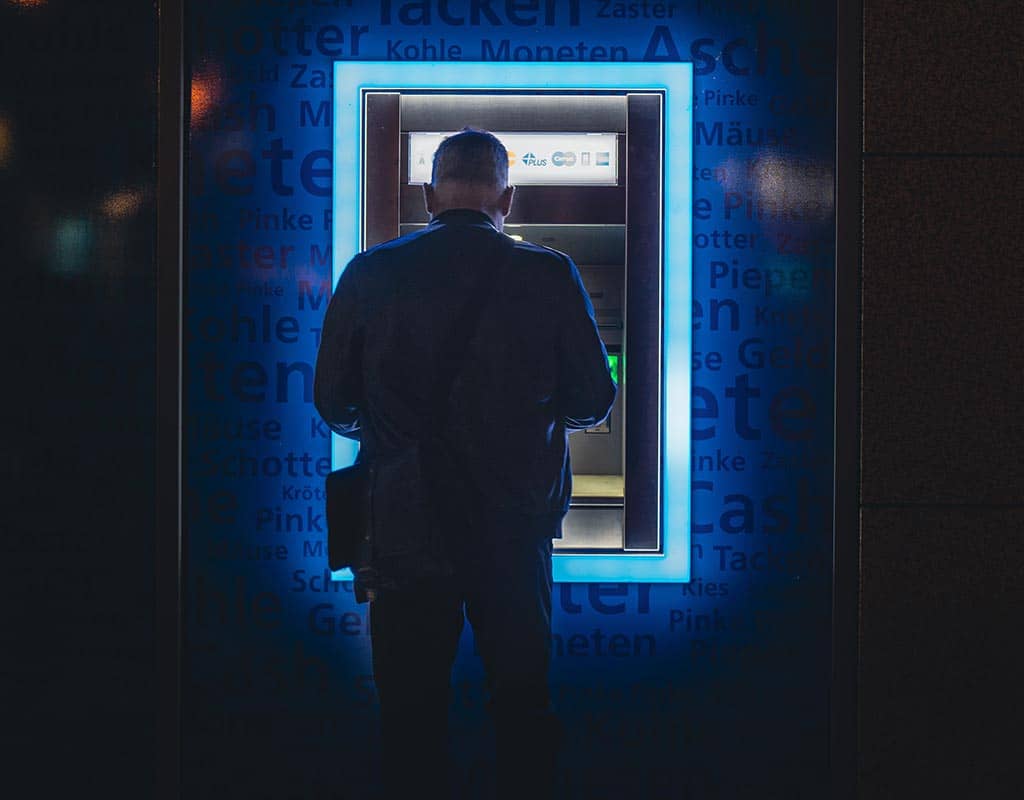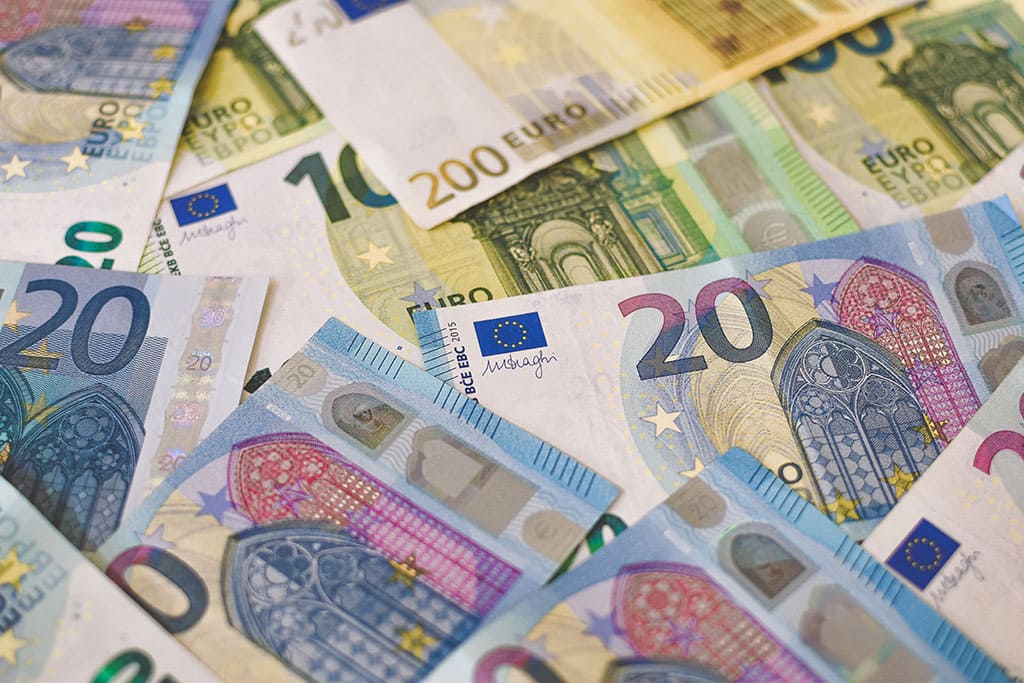If you own property in France or you’re planning to buy, you’re definitely going to need a French bank account. This is true whether you’re purchasing a second home to use on holiday or you’re going to be relocating to France full-time. Either way, it’ll be difficult if not impossible to get through the buying (and property-owning) process without a French bank account. Also, when you’re physically in France, having a French bank account means you’ll avoid surcharges you’d have to pay if you were to use your home country’s bank card. Let’s go over the different types of French bank accounts and how to open a bank account in France.
Table of Contents
Types of Banks and Bank Accounts in France
There are three main types of banks in France:
- There are a handful of primary French banks, including BNP Paribas SA, Crédit Agricole and Societé Generale. If you’re fluent in French and will be staying in France long-term, one of these banks may be the best option. Some of these banks also offer an English speaking service
- There are a number of international banks in France including Citibank, HSBC and JP Morgan. If you don’t speak fluent French and/or you’ll be handling a lot of banking from your home country, an international bank may be the best choice.
- Online banks are popular today, too. There’s no physical bank to go to, and all banking is handled via a website and/or a mobile app. Since there are no structural costs, online banking sometimes has less expensive services than traditional banking.
The general term for a French bank account is compte bancaire. A current bank account may be referred to as a compte courant, compte à vue or compte de dépôt, but that’s usually for a French resident. A regular non-resident bank account is called a compte non-résident.
If you will deposit funds that you don’t need to use right away, you’ll open a deposit account, called a compte sur livret, Livret B or compte à terme (the last type of account doesn’t have instant access). Banks also offer tax-free savings accounts called Livret A, which is the best choice for a traditional savings account.
It’s common for banks to offer you a package with several services included. While this may sound like a good deal at first, take a good look at what’s offered – you may have to pay a monthly charge for the package, and if it includes several services you don’t need, it may not be worth it. Sometimes, it costs less overall to select bank services à la carte.
How Much Does It Cost To Have a Bank Account in France?
French bank accounts aren’t too expensive to maintain, but you do have to be careful of the fine print. If you don’t read everything carefully, you could end up paying service charges that you didn’t expect. The most confusing part of choosing a French bank account is understanding the different charges at different banks and across types of bank accounts. Ask for as much information upfront as possible, and know that French banks are legally required to detail their charges on your statements.
There may be a minimum balance that you have to maintain, and that will vary based on the bank you choose, though this isn’t always standard on a basic French bank account. If there is a limit, it may be higher than when (and if) you become an official resident.
How Long Does It Take To Open a Bank Account in France?
How long it will take to open a bank account in France depends on a few factors. First, if you’re going to visit a brick-and-mortar bank in person, the process will be longer than if you were to open an account online. Second, if you’re a non-resident and need to gather additional paperwork, it may take longer for the bank to go over and process all of the documentation. In general, though, the actual process of applying for and opening a bank account is on the fast side; it’s gathering all of the necessary documentation that may take you a bit of time.
Can a Foreigner Open a Bank Account in France?
Yes! However, you’ll have to produce more documentation and paperwork than if you were a French resident. For example, you’ll need your current bank’s details, income confirmation, marriage certificate, passport, etc. Basically, prepare to show the bank anything that proves your identity and status.
Also, as a non-resident, there could be limits to how much you can transfer and withdraw each month. You may not have overdraft protection or access to a credit card, either. If you do become an official French resident, you may be able to save money thanks to exemptions from social security and tax contributions.
It’s possible you’ll be required to show up at the bank in person at some point, too. However, if you opt for an internet bank instead of a brick-and-mortar bank, you won’t have to do this, assuming the internet bank allows non-residents to open an account.
Know that most French banks have English-speaking staff members, so if you’re not yet fluent in the language, you should still be able to conduct business.
Resident vs. Non-Resident: What’s the Difference?
In terms of opening a bank account, a French resident is someone whose centre of financial interests or permanent place of residence is in France and/or who lives in France for more than 183 days per year.
Owning property in France does not automatically make you a resident. You also may not technically be considered a resident even if you spend a lot of time in France each year or conduct business in France. While these circumstances will show a greater need to the bank for a French account, they won’t guarantee you a resident account.
Can I Have a French Bank Account Without a French Address?
You don’t have to have a French address to open a French bank account. That means you can open the account while you’re looking for a property to buy – you don’t have to wait until after it’s purchased. However, you may be limited when it comes to the banks that will open an account for you.
If you’re taking out a French mortgage, the bank should definitely let you open an account with them. And if you have a strong financial profile, banks will be more likely to let you open an account even if they don’t consider all non-resident applications. Overall, though, international and online banks are the best options if you’re a non-resident.
How To Open a Bank Account in France as an Expat
To open a French bank account, the best option is to visit a branch office in person and complete an application form. However, if you’re using an international or online bank, you may be able to open an account from your home country.
You’ll need proof of your identity and status, like your passport, proof of address and income verification. As a non-resident, you should also bring your two most recent bank statements. Of course, it’s best to contact the bank ahead of time so that you know exactly the documentation they’ll need to see. Here’s a list of the documents you’re likely to need:
- Your passport or another form of ID (you may also need two official forms of ID depending on the bank and your status).
- Proof of address in your current country of residence.
- Bank details from your country of residence, plus your three most recent bank statements.
- Marriage certificate (when applicable).
- Proof of income, like a pay slip or tax office letter that covers at least the last three months (more if you’re self-employed), plus an employment contract or business details if you’re self-employed.
- Tax ID number.
If you’ve already purchased a property in France but you don’t yet have a utility bill to show your proof of address, bring a certificate of purchase, which you can get from the notaire.
When opening an account, you’ll be asked to sign a convention de compte. This document lays out the rules of the account. However, know that the full list of charges may not be included in this document.
Useful Resources
Monito and Xe both offer currency tools and live exchange rates, plus blogs with advice about banking in France.
Expatica has a broad range of advice and resources for French expats.
Find a notaire via the official website of Notaries/Notaires in France.
Find more information about taxes for non-residents of France on the République Francis website.






